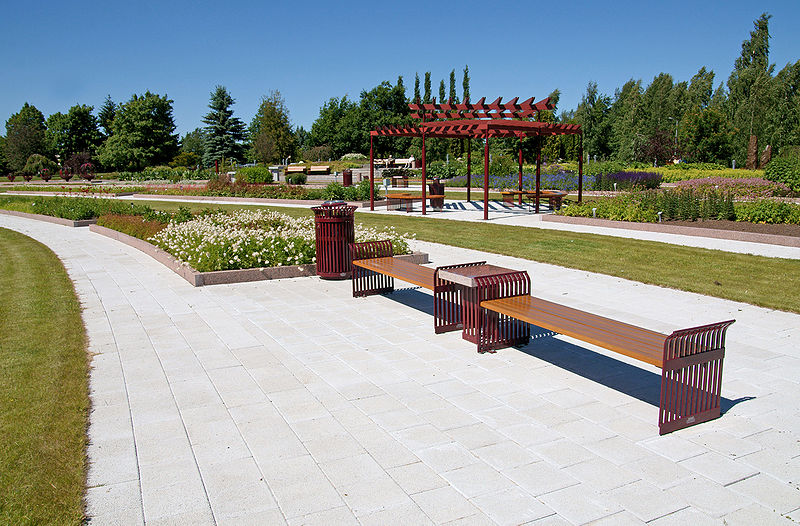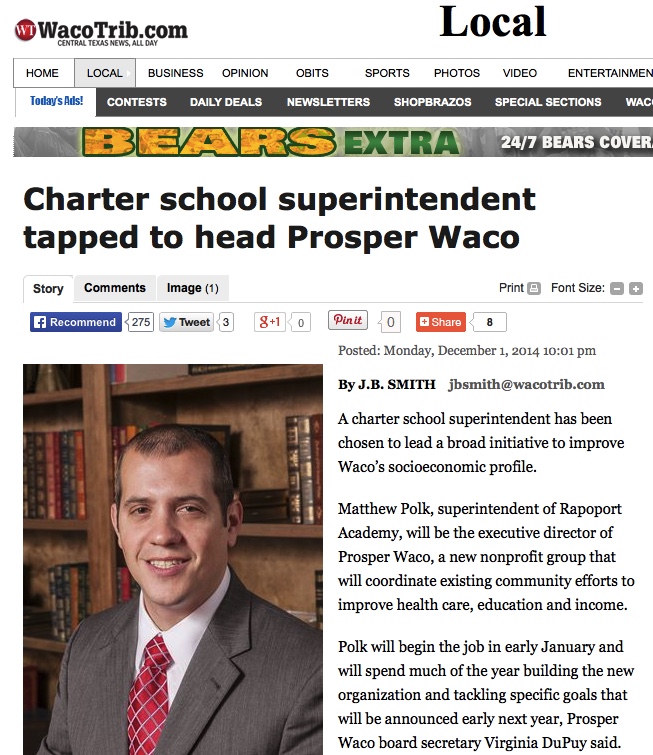Celebrating the Neighborhood
Last night, I had dinner in the home of friends who were celebrating a special day. They had marked the day – December 6 – to celebrate the neighborhood where they grew up, and they invited my family to join them.  They showed us pictures of the neighborhood – it’s beautiful! – and they told us some about their experiences living and raising a family there.
They showed us pictures of the neighborhood – it’s beautiful! – and they told us some about their experiences living and raising a family there.
As we talked, we compared their neighborhood with the ones where my wife and I grew up. We talked about some of the things that we like about each neighborhood, and we talked about things we dislike. We laughed as we shocked each other with stories about customs that, growing up, each of us thought were “normal,” or the way of the world.
Let me share just two “neighborhood customs” that my friends shared with us.
The Baby Box
When a family has a child back in my friends’ neighborhood, the family gets a huge box filled with all kinds of things for the mother and child. It includes diapers, lotions, baby formulas, clothes – that sort of thing. The money for the boxes comes from a community fund of sorts, and basically everyone in the neighborhood contributes to the fund.
I told my friends about other neighborhoods that do something similar. But in the neighborhoods with which I’m familiar, it’s usually families with lower incomes that get the box (or something similar – I explained a little about “food stamps” and “WIC”). In those neighborhoods, it could even be embarrassing to get a box like that. You might need and appreciate the box, but getting one tends to set you apart as a “needy” person.
My friends were surprised to hear that such a nice box, and one that everybody needs, could be shameful. I was surprised to hear that every neighbor, “needy” or not, enjoys getting the box.
The Education Fund
My friend’s neighborhood also started an education fund. Apparently, they take a lot of pride in any kid that grows up in their neighborhood, and they want to make sure that every kid gets the education that matches his or her interests and abilities, however much it costs them.
The community seems to be pretty level-headed and realistic about things. For example, they don’t expect every kid to go to college. A lot of the kids would rather go to trade schools, and some start working with their family business right out of high school. But whatever the kids and their families decide, the community as a whole pays for it.
A lot of people might look at a neighborhood like that and think it’s not fair. The wealthier families usually pay more into the education fund, and many who contribute to the fund don’t seem to benefit from it personally (maybe they don’t have kids, or maybe they have kids who start working after high school, only to start paying into the education fund themselves). But my friends — and apparently nearly everyone in their neighborhood – see it differently.
Again, they take pride in all of the kids, and they genuinely want to see them reach their full potential. But that’s not simply because of some warm and fuzzy idealism about children. Like I said, they’re realistic, and I think they’re at least partly driven by a kind of self-interest. I think it’s a healthy self-interest that sees one’s own needs as inseparably intertwined with those of one’s neighbor. They know that it’s in the long-term interest of their own neighborhood (and even surrounding neighborhoods) for every single kid to get as much education and/or training as he or she needs to become a “good neighbor” in the future. Surely we all know this to some degree, but the people in my friends’ neighborhood acted on this knowledge.
One more thing that my friends said really impressed me. They mentioned this “side benefit”: moms and dads are able to spend quality time with their kids, families, and neighbors because they don’t have to work extra jobs to pay for their kids’ education. How nice. Then I “impressed” my friends (in a bad way) when I told them that, in my neighborhood, many moms and dads have to work extra jobs to pay back their own student loans as well as the growing expenses of their kids’ education.
The Good Neighborhood
So where is this neighborhood? Maybe you guessed already that I’m talking about a country-sized neighborhood. The “neighborhood” I’ve been describing is Finland.
You might enjoy reading more about it. Here’s an interesting article about the baby box, or “the maternity package.” And you can read about higher education in Finland here or here. (I’m afraid I can’t vouch for the accuracy of these sites; I just searched and found them to get you started.)
Of course, the more I learn about Finland, I expect I’ll discover that this “neighborhood” has all kinds of problems, just like any other. My Finnish friends certainly expressed some sober concerns about their country’s present and future. They were humble, sincere, and fair as we talked and wondered together why Finns approach education so differently from Americans and Japanese.
I think everyone can agree that there are no easy answers, and that there are no perfect “neighborhoods.” And even if there were a near-perfect neighborhood somewhere, we can agree that simple imitation wouldn’t work. But is it possible to admire other “neighborhoods” – to appreciate good neighbors in other places – without fear that we are betraying our own way of life as we do so, or without falling into self-loathing despair that we cannot become more like them overnight? Surely it is. And one place to start is by celebrating the good that we see in others. I was thankful for the opportunity to do that this year by celebrating Finland’s Independence Day. Thanks to my friends for their warm hospitality, the good food, and the good food for thought.
 RSS - Posts
RSS - Posts
